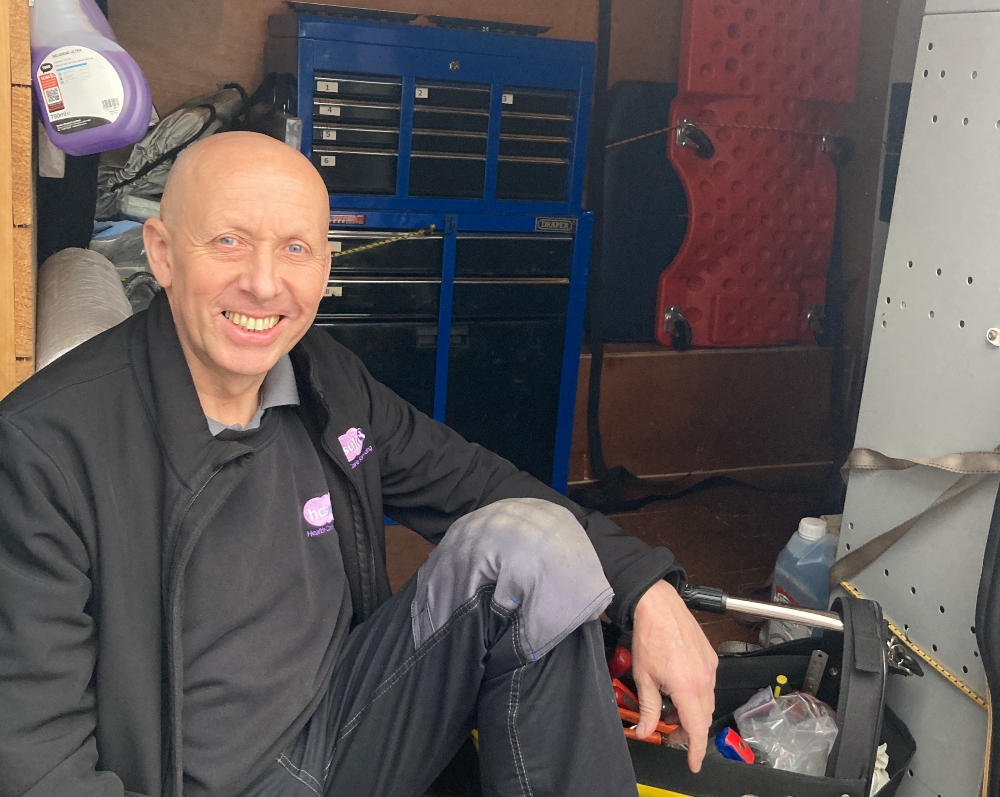Basic Maintenance Training for Care Equipment
Updated July 2025
Caregivers are often the first to notice when something isn’t working quite right with essential equipment. But without proper training, even small issues can lead to unnecessary downtime, costly call-outs, and increased safety risks. That’s why basic maintenance training for care equipment is not just helpful—it’s essential.
By equipping your team with the skills to handle routine checks and simple fixes, you can reduce your reliance on external engineers, extend the life of your equipment, and maintain a safer environment for everyone in your care home.
Why Care Equipment Maintenance Training Matters
In care settings, equipment plays a central role in safety, mobility, and dignity. Hoists, profiling beds, stand aids, and other tools are used daily. However, constant use also means constant wear. While professional servicing and LOLER inspections are critical, caregivers can—and should—play a role in keeping equipment functioning between scheduled visits.
Basic maintenance training helps frontline staff:
-
Spot potential issues early
-
Perform routine inspections
-
Report faults with the right detail
-
Reduce risk of harm or disruption
-
Keep essential items in service longer
These skills don’t replace engineer visits—they enhance them. Your service engineers can focus on technical fixes while your care staff manage day-to-day reliability.
What Should Basic Maintenance Training Include?
Not all maintenance training is created equal. At minimum, your programme should cover:
1. Equipment Familiarisation
Caregivers must know how each piece of equipment works, what it should sound like, and how it should feel during normal use. This knowledge makes it easier to notice when something is off.
2. Routine Inspection Techniques
Training should include how to check for loose parts, frayed straps, worn-out wheels, and damaged cables. Staff should also learn to verify charger lights, safety indicators, and mechanical movements.
3. Logging and Reporting Issues
When a fault is found, clear communication is key. Training should teach caregivers how to document the issue, label the equipment if needed, and notify the right person immediately.
4. What to Leave to the Engineers
Equally important is understanding what not to touch. Caregivers should know where their role ends and when to call for professional servicing, LOLER testing, or repair.
For full lifecycle servicing and expert testing, consider working with a specialist like Able, who not only delivers compliant inspections but also provides ongoing support and fast-response repairs.
The Benefits of In-House Maintenance Knowledge
Providing your team with basic maintenance training for care equipment pays off in several ways:
-
Fewer breakdowns and emergency repair costs
-
Less equipment downtime and care disruption
-
Improved safety for residents and staff
-
More confidence among caregivers
-
Smoother inspections during LOLER or PUWER visits
These outcomes don’t happen by chance. They result from a proactive approach to training and support.
Complementary Resources You Shouldn't Miss
To strengthen your team’s knowledge even further, check out these related guides:
These quick reads offer additional insight into managing equipment more effectively and help support better outcomes in everyday care.
Final Thought: Training is Prevention
Basic maintenance training empowers caregivers to take ownership of the equipment they rely on. It prevents small issues from becoming big problems and shows your staff that you trust them with responsibility.
If you're unsure where to start or want to review your current servicing and support setup, get in touch with Able. Our team can guide you through the options, from compliant servicing and testing to training and support.


.png?width=352&name=Untitled%20design%20-%202023-04-06T160801.454%20(1).png)
